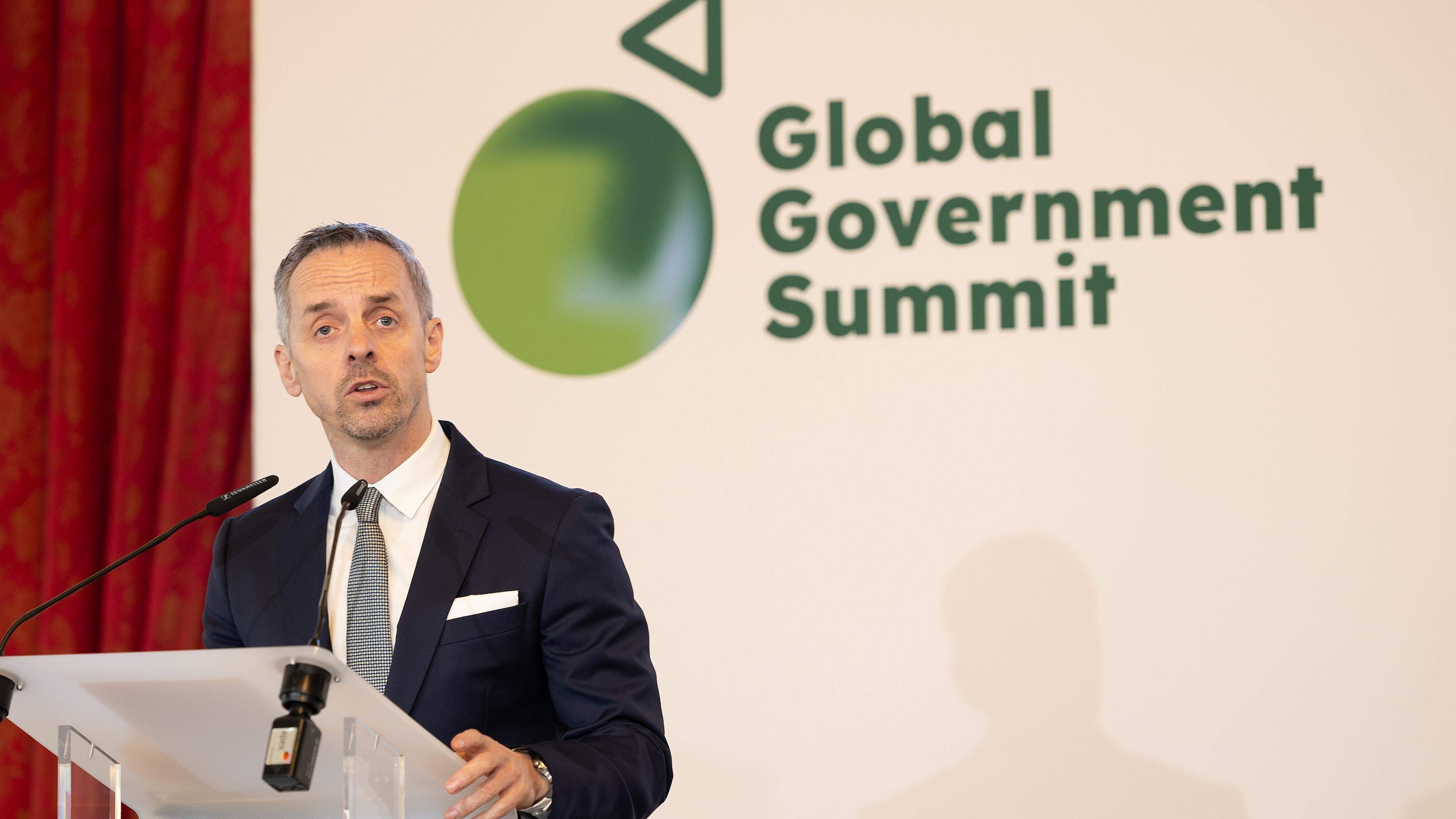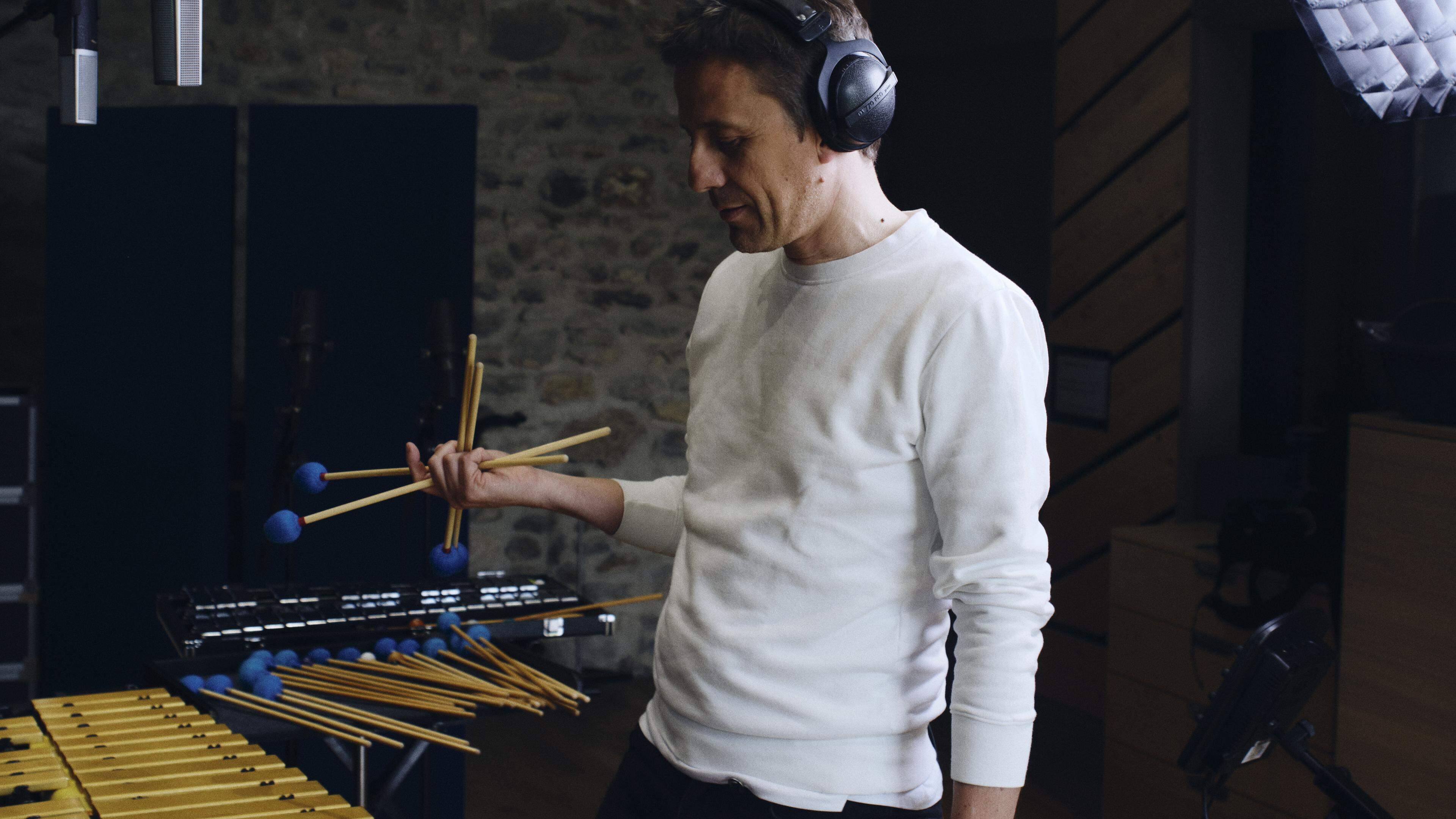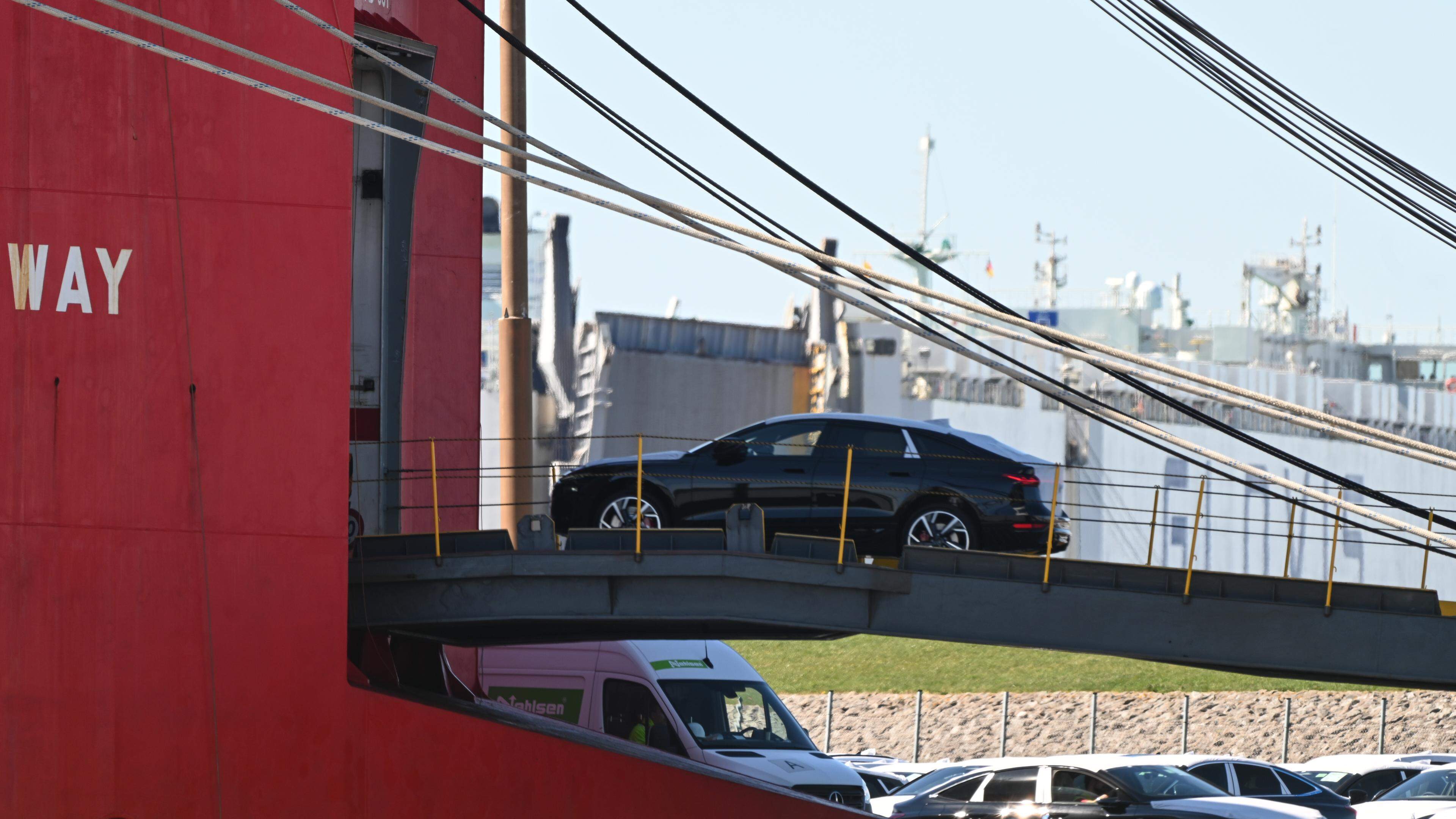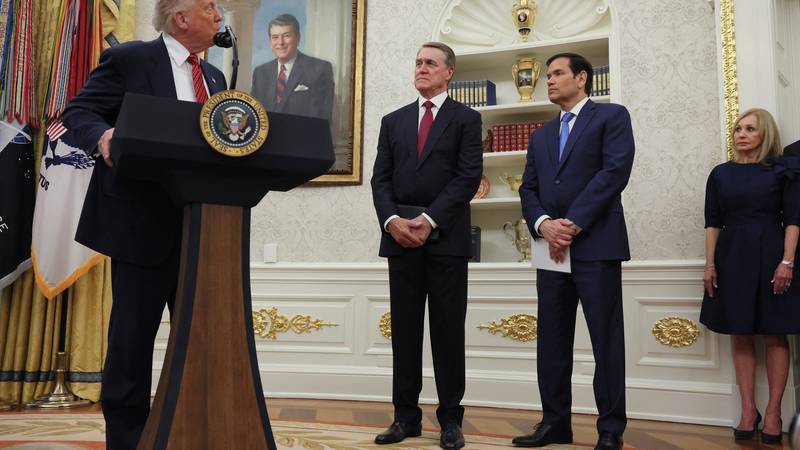Luxembourg wants to reinforce its “world leading” role in the social economy

For a long time there was nothing to hear from her, the Luxembourg solidarity economy. This includes companies that want to make the world a little better with their initiatives. « This economy is not just about making profits, but the focus is on the idea behind the project, which should have a social character, » said Minister of Labor Georges Mischo (CSV). The aspect of sustainability also plays an important role.
« It was not unnecessary blah. Experiences were exchanged and contacts were made. » Georges Mischo was satisfied after the first summit of the social economy, which took place on Thursday and Friday in the Cercle Cité in Luxembourg city and in which 51 countries from Europe (Spain, Iceland, Germany, Serbia), Asia, Africa and South America took part. An opportunity to position Luxembourg on the map of the social economy.
On Thursday the Global Government Council for Social Innovation (GCSI), a kind of government council for social innovation, officially opened. The members include 21 countries from all over the world, including Luxembourg. « The ecosystem of social innovation, financially measured, is larger than Germany, the third largest economy in the world, » emphasized Jeroo Billimoria, co -founder and secretary of the GCSI.
« As a labor minister, I will ensure that more funds flow into the social economy, » assured Georges Mischo. In budget 2025, 1.1 million are planned for the social economy. The Minister of Labor wants to double these investments. « First of all, of course you have to see which projects will exist, and then you can estimate how much this will cost. »
Download attachment20250411_declaration luxembourg_final.pdf
The summit declaration was accepted by 17 countries on Friday. « There was no blockade in this text. Twelve countries had no mandate to sign them, and they want to sign around eight more later, » said the Minister of Labor after the conference. The aim is to continue cooperation between the governments, but also between the regions of a continent. Working groups of the UN and the OECD should now find solutions for the financing of the social economy.
« As a labor minister, I will ensure that more funds flow into the social economy, » promises Georges Mischo. Photo: Thomas Berthol
The participants also agreed that a second summit on this topic should take place next year. Communication through the social economy is also to be improved. Georges Mischo also wants to promote this topic in Luxembourg.
Luxembourg is already cooperating with several European countries in terms of social economy. The government also works in this sector with the House of Start-ups.
According to Mischo, Luxembourg is one of the « leading worlds » countries that Jean-Claude Juncker, at the time as Prime Minister at the time, had given the Labor Minister the department of the social and solidarity economy. The social business incubator in Kalchesbruck was inaugurated under the direction of Labor Minister Georges Engel (LSAP).
In December 2024, the first prize for the most convincing Luxembourg social entrepreneur was awarded to the ON.Perfekt company. Estelle Flammang, coordinator for business development and vegetable subscriptions at On.Perfekt, was happy « Luxtimes » about the award for their « efforts to save and distribute food ». This price should be awarded every year, according to Mischo.
This is how social entrepreneurs have the right way
The last statistics on companies with a social impact date from 2020. According to this, 479 employees worked in companies with a social effect at that time. At that time, this corresponded to four percent of Luxembourg’s total employment. At the time of the introduction of this legal form in 2017, there were 72 employees. 2,135 units worked in the field of social and solidarity economy, including 76.2 percent non-profit organizations.
The social economy should play a role in the fight against poverty, says Georges Mischo. Photo: SIP
13 million people work in the social economy in the European Union. « People want to get socially committed when they see that it makes sense, » emphasized Andriana Sukova, deputy general director of funds, fair transition and analysis at the European Commission.
In September, the topic of social and solidarity economy in the United Nations will be dealt with, said Minister Mischo. « I hope that this topic will get the place it deserves. » In November 2024, the UN had already coordinated a resolution on this topic. This encourages « member states to promote and implement strategies and politics in order to support social and solidarity economy as a possible model for sustainable development ».








